Finance minister Patrick Chinamasa presenting the 2016 Annual Budget Review and 2017 Economic Outlook
The government had a budget overrun of a whopping $902,2 million by the end of 2016 on the back of huge employment costs and agriculture recovery that were largely unplanned for in the annual budget.
Presenting his 2016 Annual Budget Review, and 2017 Economic Outlook yesterday, Finance minister Patrick Chinamasa said the employment costs remained the major component of 2016 budget expenditure.
"The major driver behind the overall $902,2 million budget overrun were expenditure interventions in support of recovery of agriculture. In this regard, such expenditures totalled $615 million, an over-
expenditure of $549 million on the original 2016 budget provision of $66 million," he said.
He said measures to restrain the employment costs ensured that over-expenditure on employment costs during the year was only $18,8 million.
"The large budget expenditure outlay on employment costs left expenditures on the capital budget accounting for only 20% of overall expenditures. Budget spending on operations and maintenance during 2016 absorbed 12%," Chinamasa said.
Despite the huge employment costs and agricultural recovery, government gave further support towards operations and maintenance for ministries and government departments which totalled $220 million in incurred excess expenditures.
The 2016 budget also incurred previously unbudgeted expenditures of $134 million.
Of that amount, government allocated funds towards the capitalisation of selected government institutions. These were the Cotton Company of Zimbabwe with $30,5 million, Agribank $30 million, ZB Bank $20 million, and Post Office Savings Bank $20 million.
Others were the Infrastructure Development Bank of Zimbabwe which received $18,7 million, and Small and Medium Enterprise Development Corporation with $15 million.
Commenting on public and domestic debt, Chinamasa said Zimbabwe's total debt at end of December 2016 was estimated at $11,3 billion of which some publicly guaranteed external debt stood at $7,3 billion, with domestic debt being $4 billion.
Of the $7,3 billion, $5,3 billion or 73% is owed by central government, while $1,5 billion relates to public enterprises borrowing that is 19% of the total external debt and $500 million or 8% is the Reserve Bank debt
Of the total external debt of $7,3 billion owed to bilateral creditors, $4,8 billion is owed to the Paris Club and Non-Paris Club.
Paris Club debt relates to indebtedness to bilateral countries, mostly Organisation for Economic Co-operation and Development members, while the Non-Paris Club is essentially commercial debt.
Of the total domestic debt stock, $1,44 billion was on account of financing of various government operations, while $1,3 billion is a legacy debt arising from previous borrowings.
Of the total external debt of $7,2 billion, $5,1 billion is in arrears which has threatened the ability of the country to access of new finance.
He added that the government will be seized with implementing supply response measures through advancing the ease of doing business reforms, implementation of Special Economic Zones and deepening of command programmes.
"In addition, government will intensify revenue mobilisation efforts while consolidating expenditure rationalisation initiatives through budget deficit targeting.
"The destiny of the country rests in our own hands. Given the sanctions environment, the country has no choice but to rely on mobilisation of domestic resources; hence our policies require to be aligned to this reality."
One positive for the government was the tax revenue performance during the first half of 2017 indicates the collection could surpass budget estimates of $3,7 billion by 1,4%.
Chinamasa said the 2017 economic outlook was positive and the revenue collection is expected to improve on the back of improved revenue collection measures implemented by the Zimbabwe Revenue Authority (Zimra).
"During 2017, indications are that revenues will improve against various measures being implemented by Zimra in conjunction with other government departments on countering leakages.
"Specifically, Value Added Tax (VAT) is expected to benefit from the rationalisation of the Schedule of Zero-Rated Goods and Services which will reduce the value of Refunds and the associated fraud," he said.
Chinamasa said a significant portion of tax revenue during 2016 was generated from consumption taxes, VAT and excise duty, as well as personal income tax.
- newsday
 Zimbabwe launches new airline
Zimbabwe launches new airline  Hichilema meets Chivayo
Hichilema meets Chivayo  Millions celebrate Diwali festival in India
Millions celebrate Diwali festival in India  SA bitcoin firm mulls Zimbabwe listing
SA bitcoin firm mulls Zimbabwe listing  Gold edges up as traders await guidance
Gold edges up as traders await guidance  Airlink applies for Lanseria to Harare, Bulawayo route
Airlink applies for Lanseria to Harare, Bulawayo route  Young Investment Professional (YIP) Graduate Programme 2019
Young Investment Professional (YIP) Graduate Programme 2019 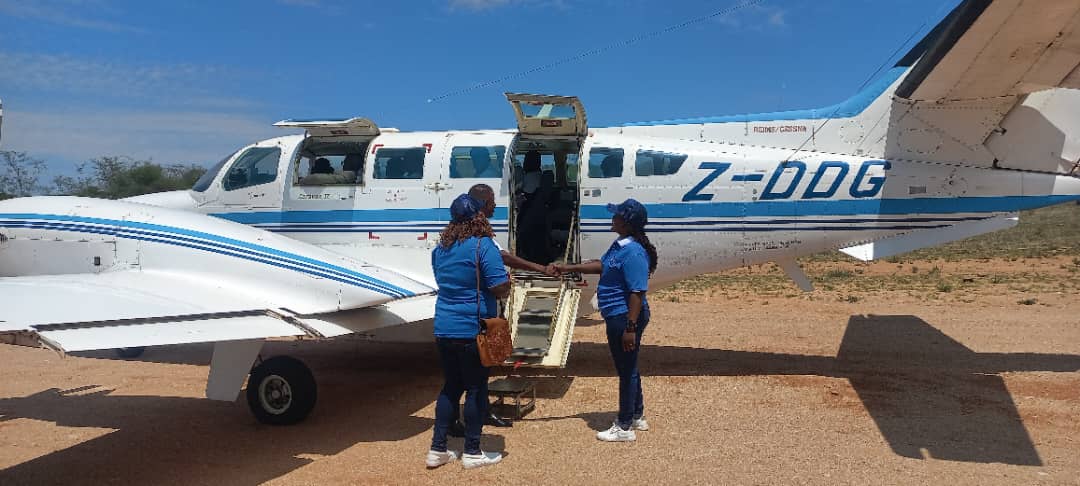

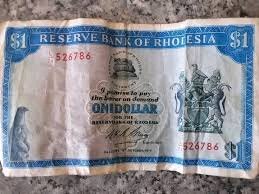

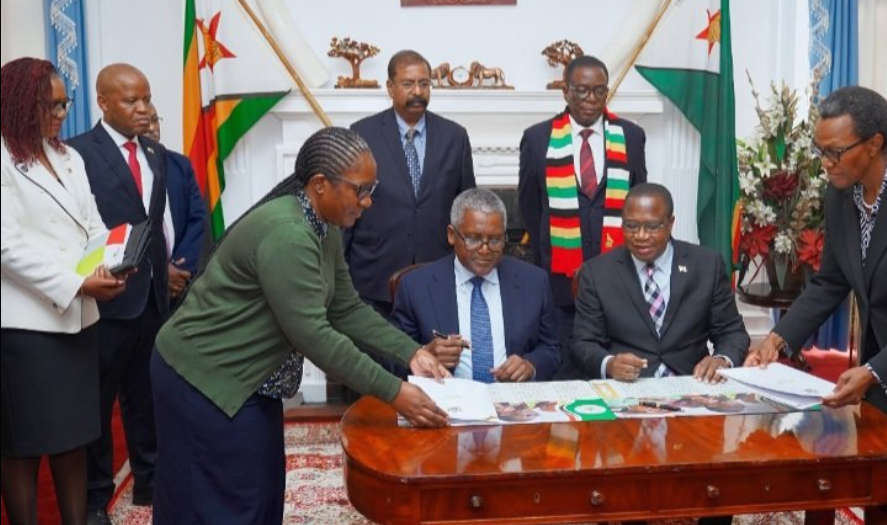
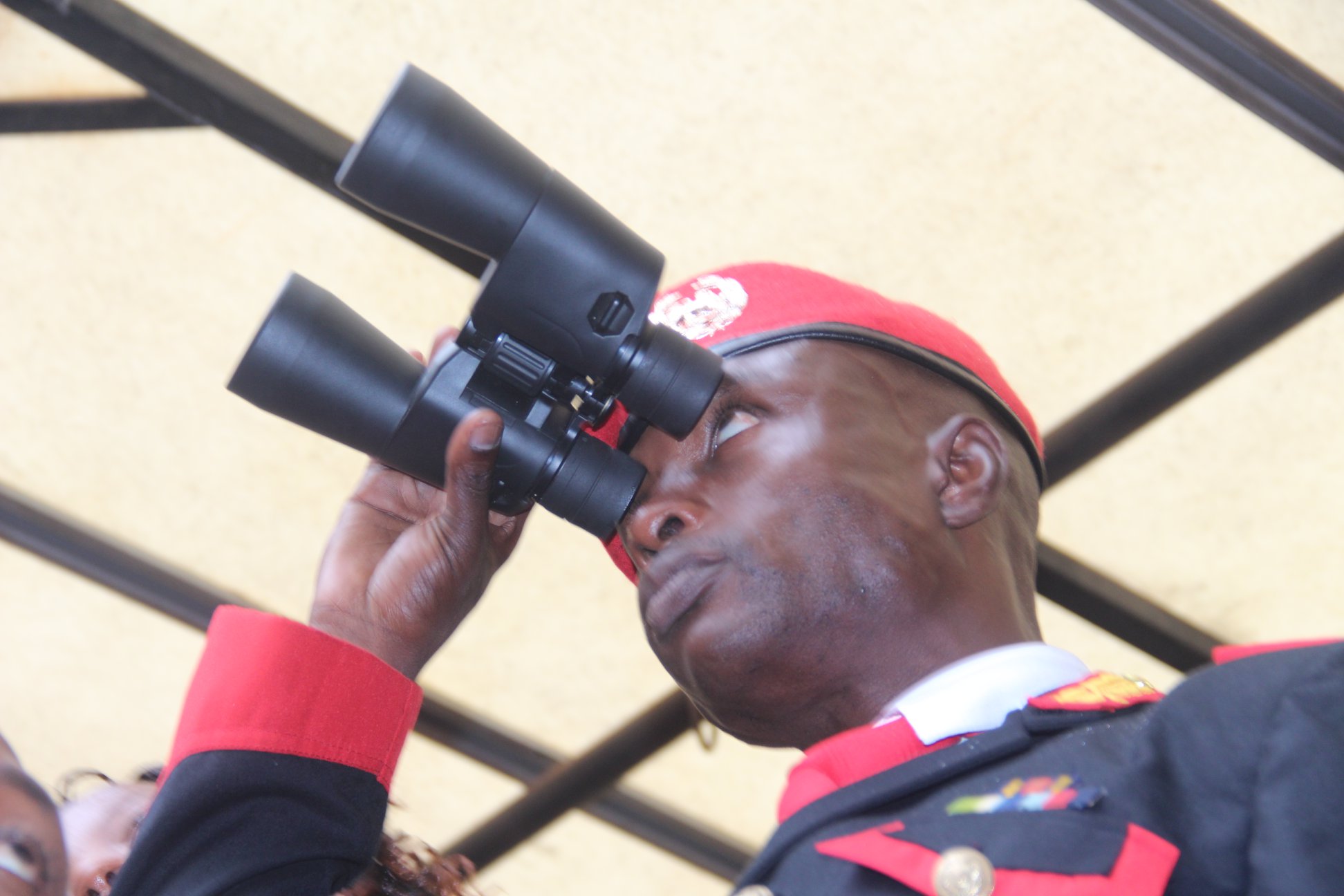


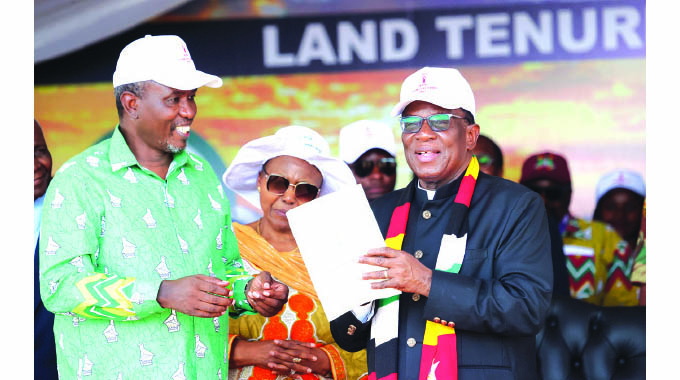


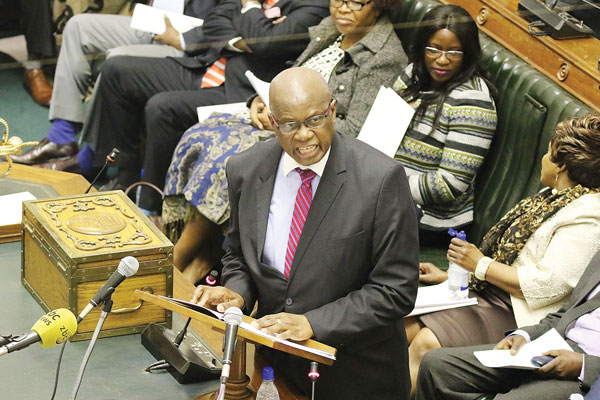
 Young Investment Professional (YIP) Graduate Programme 2019
Young Investment Professional (YIP) Graduate Programme 2019
Editor's Pick